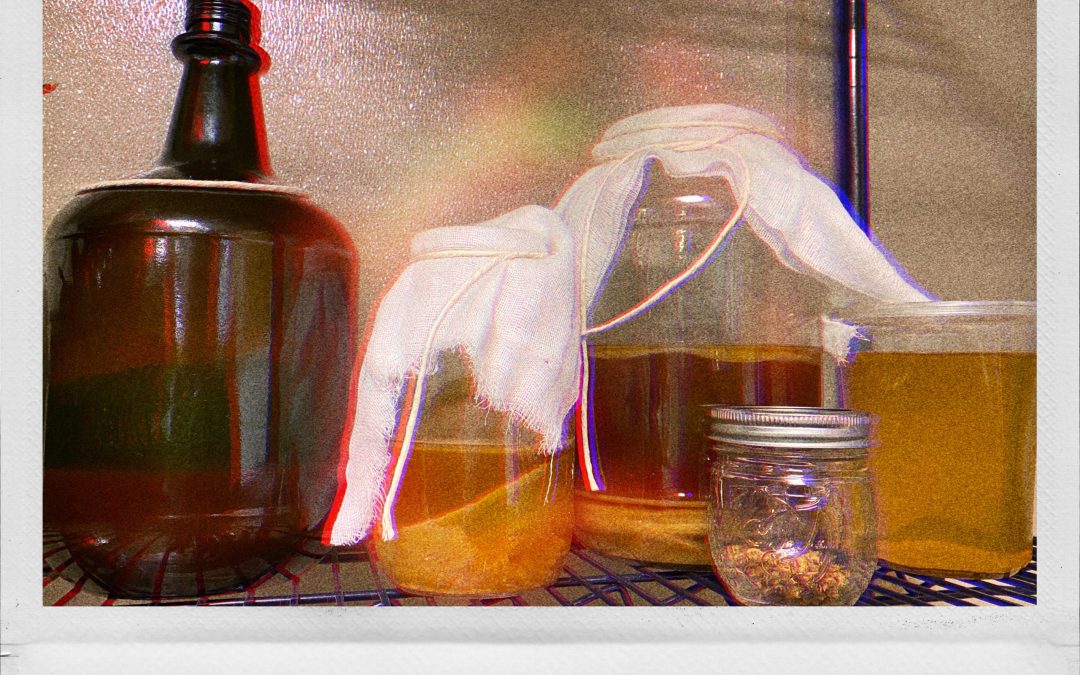When I first started at The Atlantic Grill, I was told I had an office off of the kitchen. Well, I don’t believe in chefs having an office. Laptops are moveable. If I need an office moment, I set it up on a stainless steel table that way I’m still in the kitchen. Needless to say, the office had to go, because I needed to make space for our lab.
The primary focus in our lab is the development and research into new pathways of deliciousness with local and indigenous ingredients. We are studying fermentation as we work towards a resulting outcome and plans to correctly and safely incorporate anything we discover into cuisine as a regular flavor. Call it fringe gastronomy, if you will.
A lot of people ferment, but because of the lack of availability of resources to do it legitimately, those who might do it will generally hide it, or do it as a quick one-off thing and not include it in the normal repertoire, because you have to apply for a variance with FDA health code. The way to do it properly, you have something in the temperature “danger zone” for weeks or months which is a health department no-no. So, we want to develop safe practices in the space and use the info to create a plan for the health dept to (hopefully!) approve.
This will be an open source lab – the local chef community has been told what we’re doing and have been invited to take part in it if they want to, with the only stipulation being whatever they learn, they have to share the info. I want to develop a means for all of us to raise the bar with cuisine in this area.
For example, trying a lacto ferment on broccoli and a quick saute of broccolini- that residual liquid from fermenting can be used as an acidic seasoning, and all of a sudden you’re using a relative of that plant to season it. We’re developing these tools to take flavor to a different level and that’s the goal of that space. We’re testing vinegars with beer instead of wine. Anyone can get apple cider vinegar or red wine vinegar but how many folks out there have had Stone Face IPA vinegar? Now imagine that lightly dressed on your fish and chips rather than run of the mill, plastic bottled vinegar full of high fructose corn syrup and who knows what else? Seems like a no brainer to me. A few drops on a fatty piece of beef? Acid will help cut through that fat while you’re eating it and balance the overall equation while you’re chewing.
We want to take an ingredient and totally change it’s flavor profile, but we recognize it has to be done safely, and with the health department being aware and approving. So for now, nothing goes to guests, as we are strictly in our research & development phase, but needless to say I’m excited for what we discover and how it will continue to bring our guests unique culinary experiences.
– Nate

